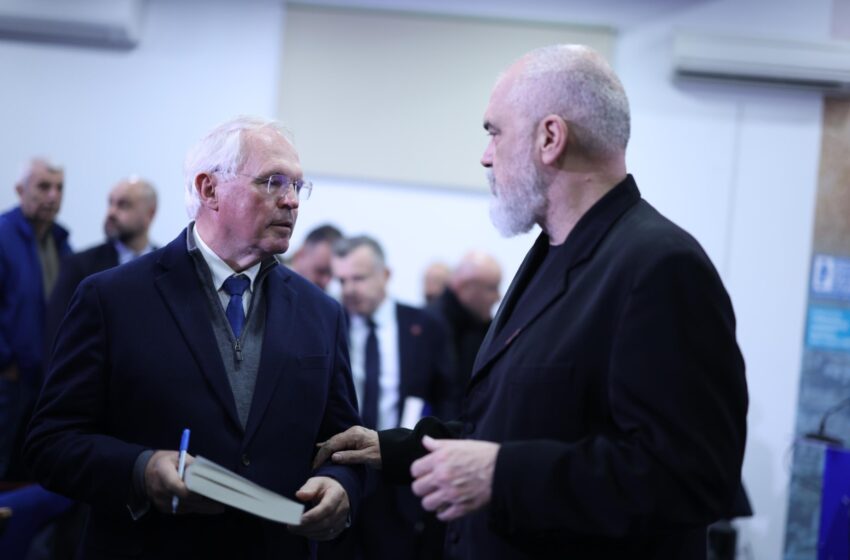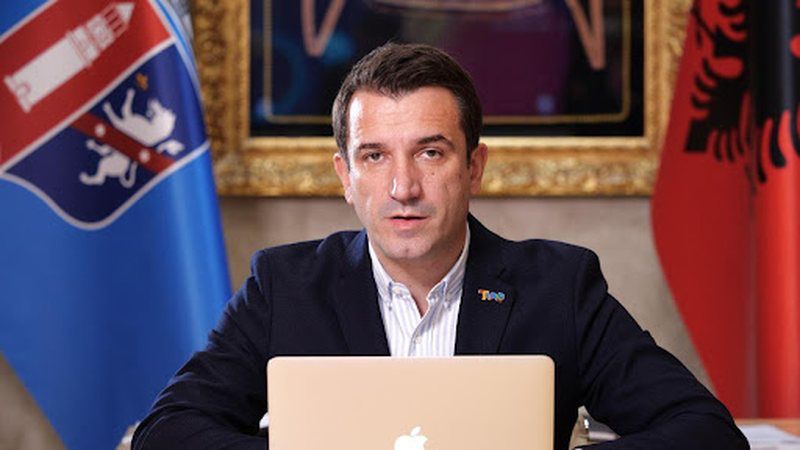Albania advances infrastructure with approval of agreement for new railway project

The Parliamentary Committee on Legal Issues, Public Administration and Human Rights reviewed an agreement today that paves the way for constructing the railway linking Vorë to Hani i Hotit.
Why is this relevant
The project that will rehabilitate a vital railway line that forms part of a major corridor connecting Albania with Montenegro, and further to Ljubljana, Belgrade, and Zagreb, is expected to be completed by 2030. It constitutes a critical element of Albania’s broader infrastructure strategy aimed at enhancing connectivity and economic growth.
What was said
Enkelejda Muçaj, Deputy Minister of Infrastructure and Energy, presented the financial contract between Albania and the European Investment Bank (EIB) for the Vorë-Hani i Hotit railway line – a key segment of the Global Gateway initiative. The total cost of the project is estimated at €373 million, funded through a combination of state budget allocations, funds by the European Bank for Reconstruction and Development (EBRD), the European Union’s Western Balkans Investment Framework, and the EIB.
Muçaj highlighted the significant support received in the form of grants, amounting to €133 million, aimed at minimizing project costs. “Our focus has been on securing support in the form of grants with nearly zero cost. The state budget has also allocated €3 million for expropriations,” she said. The legislative proposal includes an additional €100 million in financial support, supplementing a €98.5 million loan from the EBRD.
“This project enhances connectivity between significant national infrastructures, such as the Port of Durrës, and Corridor 8. It covers 120 kilometers, with an expected annual capacity of 2.3 million passengers and 9,000 tons of goods,” added Muçaj. These loans are favorable, with a fixed interest rate determined at the time of loan agreement, and the first five years are principal-free.
Albania’s commitment to infrastructure improvement is evident in various ongoing projects. The country has been focusing on upgrading its road network, modernizing ports, and enhancing energy infrastructure to meet growing demands and support economic development. The railway project is a significant step towards integrating Albania into the broader European transport network, facilitating smoother trade and travel across the region.
The new railway line is set to transform Albania’s transportation landscape, offering a modern and efficient alternative to road transport. This development is not only crucial for domestic connectivity but also positions Albania as a strategic transit hub in the Western Balkans, potentially boosting tourism and trade.


